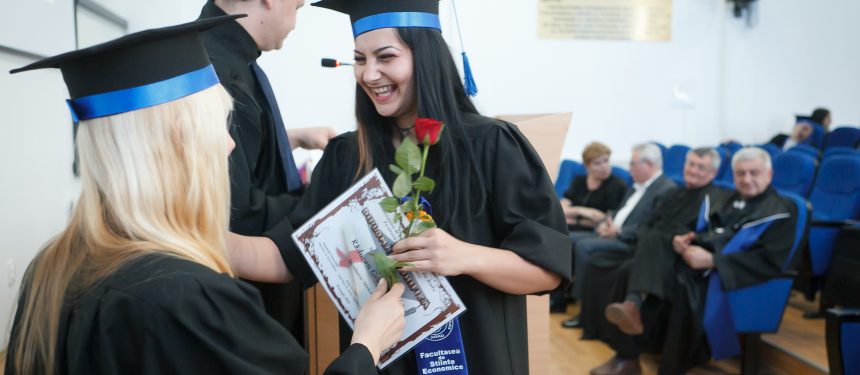UNESCO has announced its first global framework to recognise academic qualifications in a bid to reduce obstacles faced by students, teachers, researchers and job-seekers outside their home countries.
News and business analysis for Professionals in International Education
Have some pie!
High hopes for UNESCO’s convention
 Although there are regional qualification frameworks in place, this is the first UN convention on higher education with a global scope. Photo: pxhere
Although there are regional qualification frameworks in place, this is the first UN convention on higher education with a global scope. Photo: pxhere The organisation’s Global Convention on the Recognition of Qualifications concerning Higher Education is expected to be adopted by the time its 40th session of the General Conference concludes on November 27.
“It is our duty to make it easier for qualifications to be recognised across borders”
It has widely been welcomed by stakeholders, who suggest that its implementation will aid international mobility of students and researchers, while it is also expected to improve recognition of refugees’ and displaced peoples’ prior qualifications.
A lack of qualification recognition constitutes a “major obstacle” in students’ pursuit of further studies or employment internationally, according to UNESCO.
Iselin Nybø, minister for Research and Higher Education of Norway, reminded attendees that student mobility should become the norm, and not an exception.
“It is our duty to make it easier for qualifications to be recognised across borders,” she said.
Although there are regional qualification frameworks in place – the Bologna Process in Europe, the Tokyo Convention for Asia-Pacific, and the Addis Convention for Africa – this is the first UN convention on higher education with a global scope, general secretary of the Association of Commonwealth Universities Joanna Newman told The PIE News.
“It will provide a common framework for the recognition of qualifications across all countries, and help build increased mutual understanding of education systems and structures, leading to greater collaboration,” she explained.
The convention doesn’t guarantee automatic recognition of qualifications, but it “does provide – for the first time – a global standardised process for countries to understand and map out equivalence”.
A culmination of eight years work, the instrument will “give the millions of students who study outside their home region a legal right to have their qualifications assessed for admission to further study or employment in another country”, said Stig Arne Skjerven, director of Foreign Education in NOKUT and president of the European Network of Information Centers in the European Region Bureau .
“This is quite a remarkable achievement, particularly in the current political climate,” he said.
Skjerven noted that the framework will also provide “the right to have foreign qualifications assessed in a fair, non-discriminatory and transparent manner by national competent authorities”.
“The convention establishes the principle that recognition must be given unless the recognising authority can demonstrate a substantial difference between the foreign qualification and qualifications from the country where recognition is sought,” he added.
“It also establishes an obligation to put in place procedures for the recognition of qualifications for refugees and displaced persons.”
UNESCO also launched a Qualifications Passport to facilitate mobility for refugees with qualifications earlier in 2019 – it is currently being piloted in Zambia.
“[The ACU] is particularly pleased to see the emphasis on the Global Convention’s role in supporting refugees and displaced people to access higher education,” Newman added.
Finding solutions to the lack of recognition of refugees’ and displaced peoples’ prior qualifications has been “one of the most pressing issues” of ACU member universities, she said.
“This is quite a remarkable achievement, particularly in the current political climate”
Once ratified by UNESCO’s General Conference, the organisation will launch a campaign to encourage at least 20 states to sign up. However, based on the strong commitment signalled by many countries, it may be realistic to assume this might happen as early as 2021 or 2022, Skjerven detailed.
Newman concluded: “We encourage governments and the higher education sector to continue to work together to make sure that the aspirations and intentions of the Global Convention are realised in practice.”
Still looking? Find by category:


